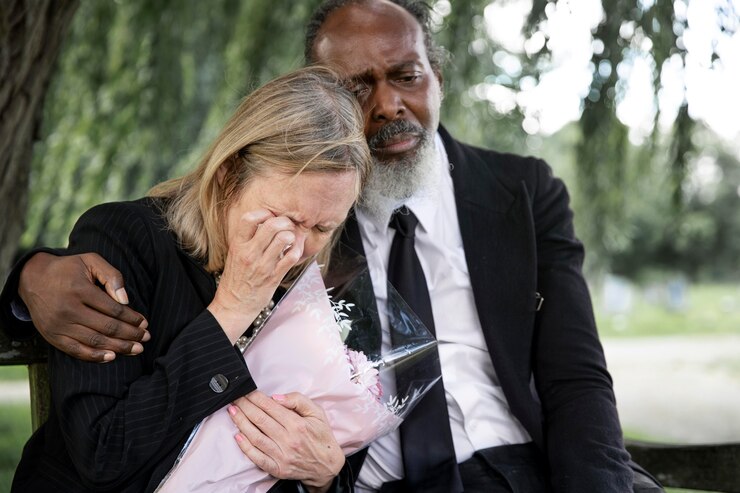Grief and loss are universal experiences that touch the lives of individuals and communities worldwide. South Africa, a nation that has endured significant historical, social, and economic challenges, is no stranger to the profound impact of grief and loss. From the pain of losing loved ones to the legacy of apartheid and ongoing societal disparities, grief is deeply woven into the fabric of South African society. Recognizing the importance of addressing grief and providing support is crucial for the well-being and healing of individuals and communities across the country.
Grief encompasses a range of emotions and responses following the death of a loved one, but it can also arise from other forms of loss such as job loss, displacement, or the loss of cultural heritage. In South Africa, historical traumas, such as the apartheid era, continue to reverberate through society, leaving individuals and communities grappling with unresolved grief. It is essential to create spaces and initiatives that acknowledge and address this collective grief, allowing individuals to heal and move forward.
One of the key steps in addressing grief and loss is fostering open and honest conversations about the subject. Breaking the silence surrounding grief can help individuals feel less isolated and validate their experiences. Public awareness campaigns and educational programs can play a crucial role in normalizing discussions around grief, highlighting the importance of seeking support, and providing information about available resources. By promoting a culture of compassion and understanding, South Africa can create an environment that encourages individuals to share their grief openly and seek help when needed.
Furthermore, access to professional support is essential for individuals navigating grief and loss. South Africa should invest in the development of grief counseling services, both within communities and healthcare settings. Trained grief counselors can provide a safe and supportive space for individuals to express their emotions, explore coping mechanisms, and receive guidance throughout the grieving process. This support should be accessible to all, regardless of socio-economic status or geographic location, to ensure that no one is left without the necessary assistance during times of loss.
Additionally, integrating grief support into the education system is crucial. Schools can play a vital role in addressing grief and equipping students with the tools to navigate loss. Incorporating grief education into the curriculum can help students understand the grieving process, develop empathy, and learn how to support their peers who may be experiencing loss. By nurturing a compassionate and supportive school environment, South Africa can provide a foundation for students to process their grief and develop healthy coping mechanisms.
Community-based initiatives and support groups are also valuable in addressing grief and loss. These platforms provide individuals with an opportunity to connect with others who have experienced similar losses, fostering a sense of belonging and understanding. Community support groups can offer a safe space for sharing stories, expressing emotions, and receiving support from others who can relate to their experiences. By establishing and promoting such groups, South Africa can create a network of support that extends beyond professional services and reaches the grassroots level.
It is crucial to recognize the intersectionality of grief and loss in South Africa. Individuals may experience multiple forms of loss simultaneously, such as bereavement combined with the loss of income or access to basic services. Addressing systemic disparities, poverty, and social injustices is vital for effectively supporting individuals and communities in their grief. Efforts to improve socio-economic conditions, provide access to healthcare, and bridge the gaps in education and opportunity can contribute to reducing the burden of grief experienced by many South Africans.
In conclusion, addressing grief and loss in South Africa is a multifaceted endeavor that requires societal recognition, support systems, and access to professional help. By fostering open conversations, providing grief counseling services, integrating grief education into schools, establishing community-based initiatives, and addressing systemic disparities, South Africa can create a supportive environment for individuals and communities to heal and move forward. By acknowledging and addressing grief, the nation can pave the way for collective healing, resilience, and a brighter future.










